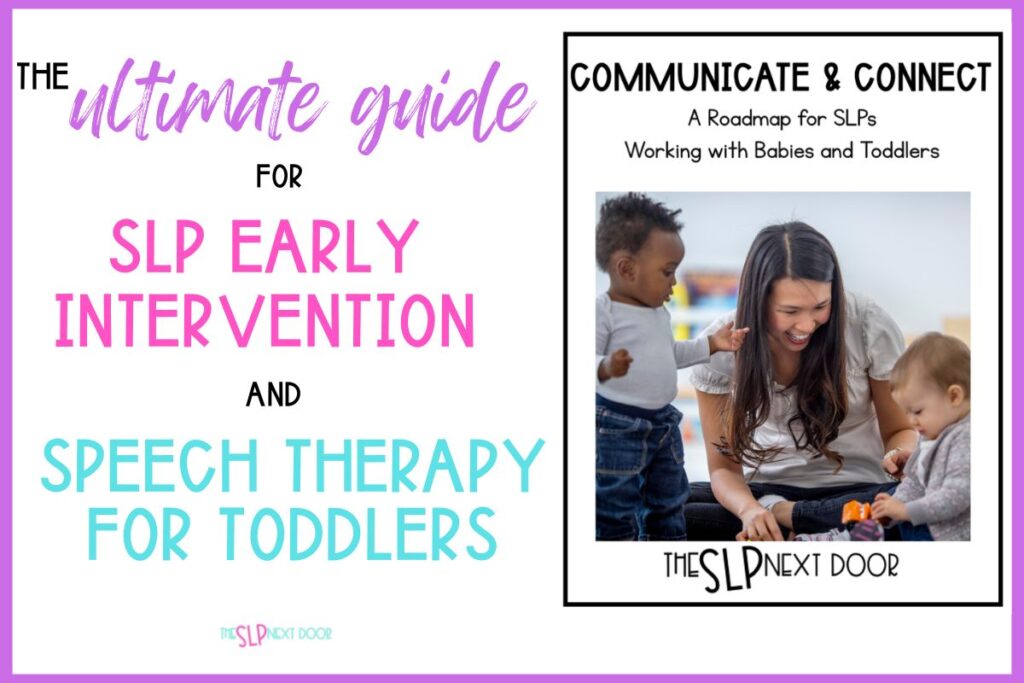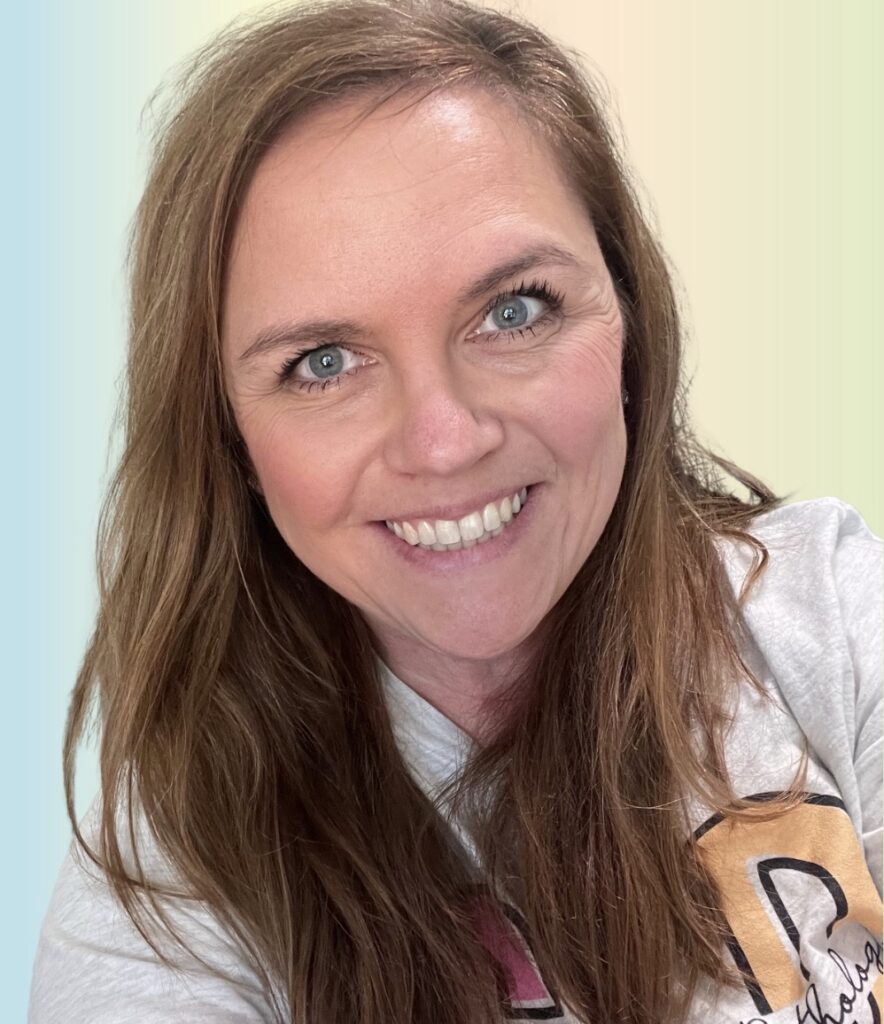Speech sound disorders are any difficulties or combination of difficulties with perception, motor production, or phonological representation of speech sounds and speech segments. Articulation disorders focus on errors in the production of individual speech sounds. Children with an articulation disorder can’t coordinate their oral mechanisms. Phonological disorders focus on predictable, rule-based errors that affect more than one sound. In other words, the children can produce sounds correctly but have trouble correctly combining sounds to form words.
Check out Part One of this conversation!
In this episode, I’m continuing my conversation with Suzanne from Playing Speech! We discuss various topics related to speech development, including phonological disorders and strategies for using in speech therapy for toddlers.
We also chat about starting points for articulation and phonology, choosing target words for speech therapy [including power words], and the importance of incorporating visuals and movement in speech therapy sessions. Additionally, Suzanne discusses multi-sensory cueing and the importance of looking at a child as a whole regarding treatment.

Speech sound disorders is an umbrella term we use to describe children presenting with errors in verbal speech. Speech sound disorders can be divided into two main categories: organic and functional. Organic speech sound disorders are those where we know why the child is experiencing difficulties with their speech production; they can be neurological, structural, or sensory/proceptual.
Assessment for these speech sound disorders may start as a screening but later require a comprehensive assessment. Comprehensive assessments include looking at the child as a whole: a medical history, oral motor development/assessment, speech sound inventory, and language (vocabulary) development. Comprehensive assessments are completed using standardized and non-standardized measures. It’s important to consider a child’s cultural and linguistic background when conducting these assessments.


